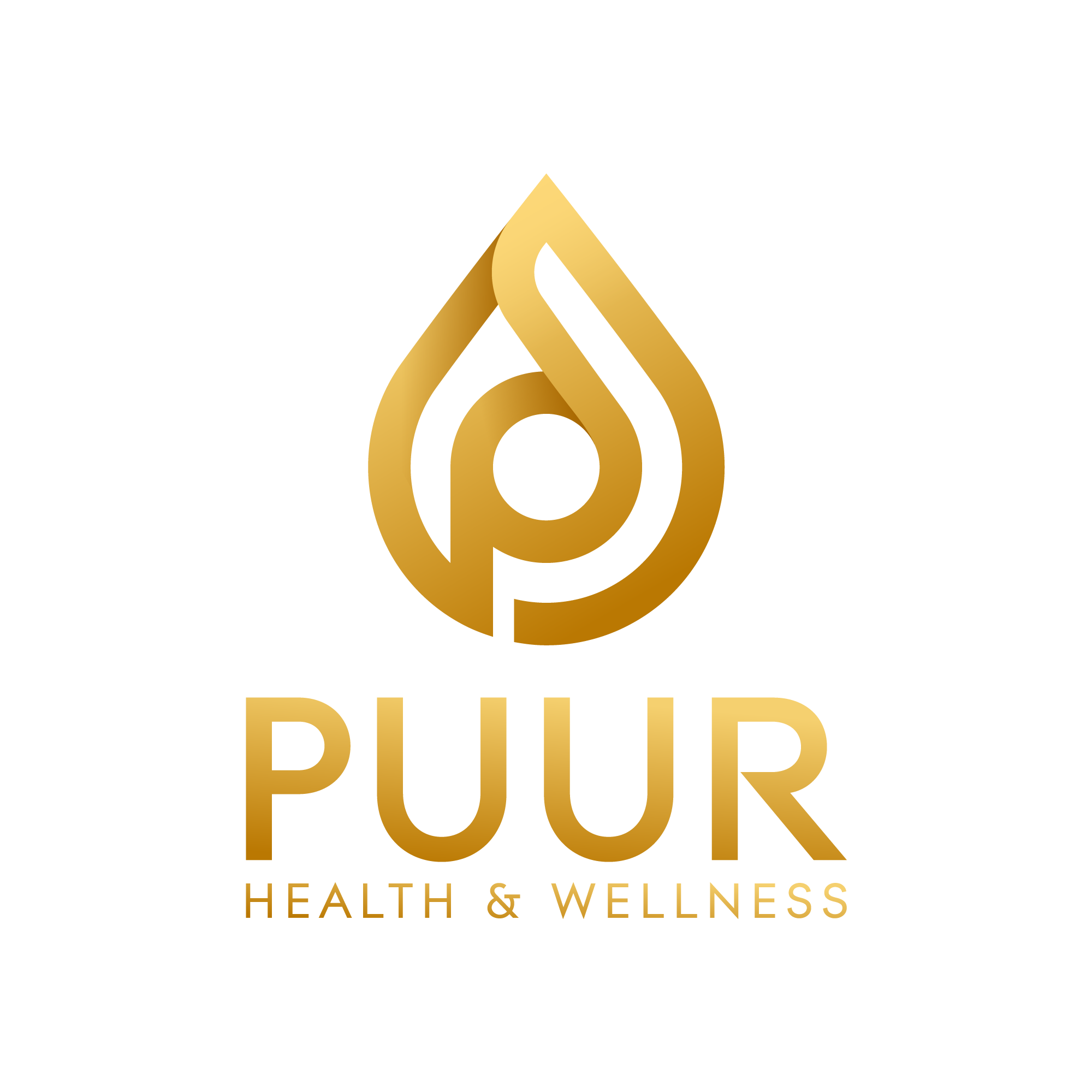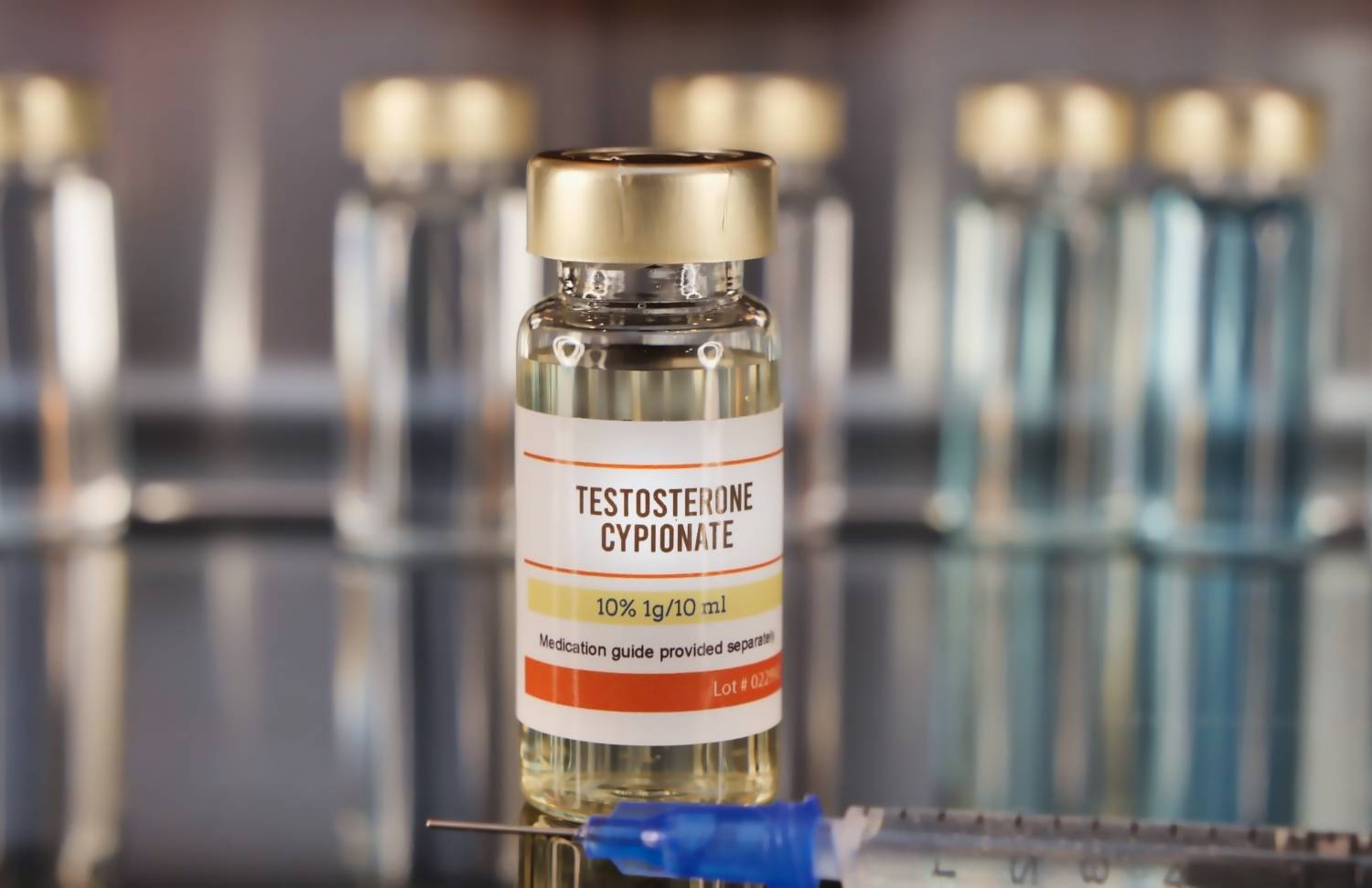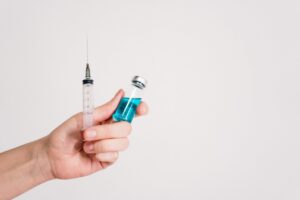Ever felt like you’ve lost your mojo? Maybe you’re struggling to get motivated at the gym, finding it harder to keep up with the kids, or just not feeling quite like your usual self. It could be down to a dip in your testosterone levels. Now, before you start picturing yourself as a grizzly caveman with a permanent frown, low testosterone symptoms in men can be a bit more nuanced than that.
Let’s face it, blokes aren’t exactly known for talking about their health concerns. But here’s the thing, low testosterone is a surprisingly common issue, affecting millions of men around the globe. The good news? It’s often treatable, and with a bit of knowledge and a chat with your doctor, you can get back to feeling like your old self.
So, what exactly is testosterone?
Think of testosterone as your body’s internal engine oil. It’s a hormone produced mainly in the testicles that plays a crucial role in a whole range of things that make you, well, you. We’re talking muscle mass, bone density, sperm production, sex drive, and even mood.
Low Testosterone Symptoms in Men: A Spectrum of Effects
Now, low testosterone symptoms in men can vary quite a bit. Some fellas might experience a few subtle changes, while others might have a whole bunch of them. The key is to be aware of what to look out for. Here’s a breakdown of some of the more common signs:
Feeling Flat: Low energy, fatigue, and a general lack of motivation are classic low testosterone symptoms in men. This can manifest as decreased interest in activities you once enjoyed, difficulty concentrating, and a feeling of overall malaise.
Muscle Matters: Testosterone helps build and maintain muscle mass. So, if you’re noticing it’s getting harder to maintain that gym-honed physique, or your strength seems to be dwindling, it could be a sign your testosterone levels are dipping. This can lead to reduced muscle mass, increased body fat, and a decrease in overall physical performance.
The Low Libido Blues: A decrease in sex drive is a classic symptom of low testosterone. This can manifest as decreased sexual desire, difficulty achieving or maintaining an erection, and reduced sexual satisfaction.
Mood Swings: Feeling irritable, grumpy, or even a bit down in the dumps? Testosterone plays a role in regulating mood, so if you’re experiencing more emotional volatility than usual, it could be related to low testosterone. This can lead to increased feelings of anxiety, depression, and difficulty managing stress.
The Bedroom Blues: Erectile dysfunction (ED) and difficulty achieving or maintaining an erection are common symptoms of low testosterone. It’s a sensitive topic for many men, but if you’re experiencing difficulties, there’s no shame in talking to your doctor. Open and honest communication with your healthcare provider is crucial in addressing any concerns.
Body Changes: Low testosterone can also lead to changes in the way your body distributes fat. You might notice an increase in belly fat and a decrease in muscle mass, leading to a bit of a shift in your silhouette. This can impact your self-esteem and overall body image.
Sleep Struggles: Having trouble catching those precious Zzz’s? Sleep problems, such as insomnia, sleep apnea, and restless leg syndrome, can be associated with low testosterone levels. Disrupted sleep can further exacerbate the symptoms of low testosterone, creating a vicious cycle.
If you like this article, you may also like “What are the Pros and Cons of Taking Testosterone?”
What Causes Low Testosterone in Young Males?
While low testosterone is more common in older men, it can also affect younger fellas. Some potential causes for young men include:
Undescended testicles: This is when one or both testicles haven’t fully descended from the abdomen into the scrotum during development. This condition can affect testosterone production and fertility.
Genetic conditions: Certain genetic conditions like Klinefelter syndrome can affect testosterone production. This condition occurs when a male is born with an extra X chromosome, leading to reduced testosterone levels and other health issues.
Injuries: Injuries to the testicles or the surrounding area can impact testosterone production. Trauma to the testicles, such as a sports injury or accident, can damage the delicate testicular tissue.
Medications: Certain medications, such as certain types of chemotherapy drugs, corticosteroids, and opioid pain medications, can interfere with testosterone production as a side effect. It’s important to discuss any medications you’re taking with your doctor to assess their potential impact on your hormone levels.
Houston, We Have a Problem (and a Solution!):
If you’re a bloke living in the bustling metropolis of Houston and suspecting you might have low testosterone, there’s no need to fret. Many excellent doctors and clinics specializing in men’s health can help you get a diagnosis and explore treatment options. Consider consulting with a urologist, endocrinologist, or primary care physician who has experience in diagnosing and treating hormonal imbalances. They can assess your individual symptoms, medical history, and lifestyle factors to determine the underlying cause of your low testosterone and recommend appropriate treatment options.
Getting Diagnosed: A Simple Blood Test Away
The good news is that diagnosing low testosterone is a relatively straightforward process. Your doctor will likely ask about your symptoms in detail, including changes in libido, energy levels, mood, sleep patterns, and physical appearance. They will also inquire about your medical history, family history, and lifestyle factors that may contribute to low testosterone, such as chronic illnesses, medications, stress, and sleep disturbances.
Based on your symptoms and medical history, your doctor may recommend a blood test to measure your total testosterone level and potentially other hormone levels. This simple blood test can provide valuable information about your hormone levels and help determine if low testosterone is contributing to your symptoms.
Treatment Options for Low Testosterone
There’s no one-size-fits-all approach to treating low testosterone. The best course of action will depend on your individual situation and the severity of your symptoms. Here are some potential options:
Testosterone Replacement Therapy (TRT)
This involves administering testosterone into your body through various methods, such as injections, gels, patches, or pellets. TRT can help restore your testosterone levels and alleviate symptoms. Regular monitoring by your doctor is crucial to ensure optimal dosage and minimize side effects. Consulting with an experienced healthcare provider can help you determine the most suitable form of TRT for your needs.
Lifestyle Changes
Making lifestyle changes can also help boost testosterone levels. These include regular exercise, particularly strength training, to build muscle mass and stimulate testosterone production. A healthy diet rich in fruits, vegetables, lean proteins, and healthy fats can support hormone balance. Prioritizing sleep is essential, as sleep disturbances can negatively impact testosterone levels. Managing stress through techniques like meditation, yoga, or spending time in nature can also help optimize hormone function.
Conclusion
If you’re experiencing symptoms of low testosterone, it’s important to consult with a healthcare professional for an accurate diagnosis and personalized treatment plan. Remember, what works for one person may not work for another.
By understanding the causes and symptoms of low testosterone, and by taking proactive steps to address the issue, you can reclaim your vitality and feel your best.
Learn More About PUUR Health and Wellness Here
Resources:


